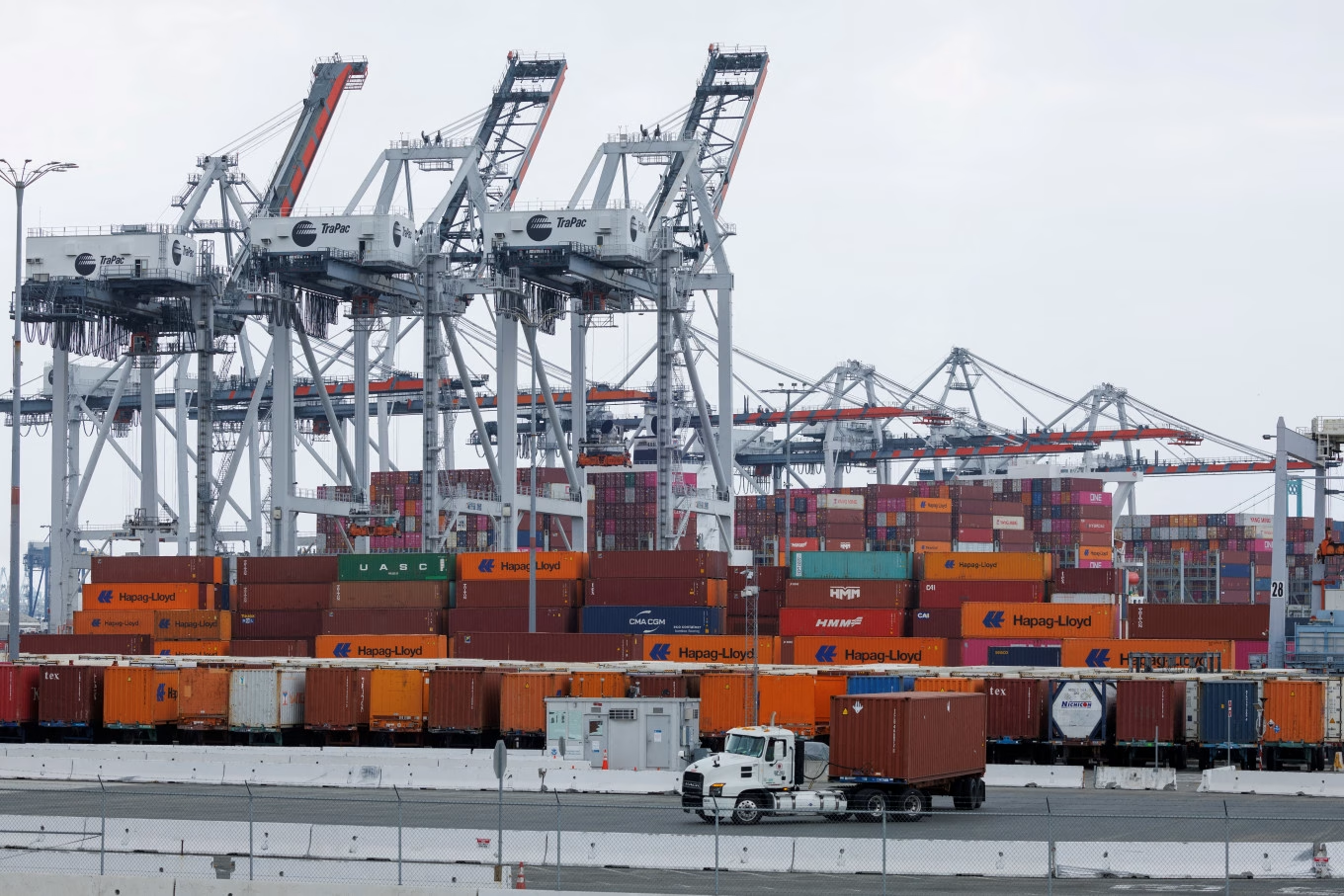A coalition of U.S. businesses has filed a lawsuit challenging former President Donald Trump’s tariffs, claiming they violate the International Emergency Economic Powers Act (IEEPA).
The lawsuit, submitted Monday to the U.S. Court of International Trade by the Liberty Justice Center, argues on behalf of five companies that say they have suffered significant financial harm due to the tariffs. The plaintiffs contend that the tariffs are unconstitutional and that the IEEPA does not justify their imposition.
Under the IEEPA, the president can invoke emergency economic measures in response to an “unusual and extraordinary threat” to national security or the economy. However, the businesses argue that this threshold has not been met and that the statute does not grant the president unilateral authority to impose tariffs.
“No single person should have the power to enact taxes with such widespread global impact,” said Jeffrey Schwab, senior counsel at the Liberty Justice Center. “The Constitution clearly assigns the power to set tariffs and tax policy to Congress—not the President.”
In response, White House spokesperson Harrison Fields defended Trump’s actions, telling CNN that persistent trade deficits constitute a “national emergency.” He added, “Never Trumpers will always oppose him, but President Trump is fighting for Main Street. His plan levels the playing field and addresses the chronic trade imbalances, especially with China.”
This lawsuit isn’t the first to challenge Trump’s tariff policies. Earlier this month, the New Civil Liberties Alliance (NCLA), a civil rights organization, filed a separate complaint in the U.S. District Court for the Northern District of Florida on behalf of Simplified, a Florida company that imports materials from China for its planner business.
“By using emergency powers to impose sweeping tariffs not authorized by the statute, President Trump exceeded his authority, infringed on Congress’s constitutional role, and disrupted the separation of powers,” said Andrew Morris, senior litigation counsel at the NCLA.




